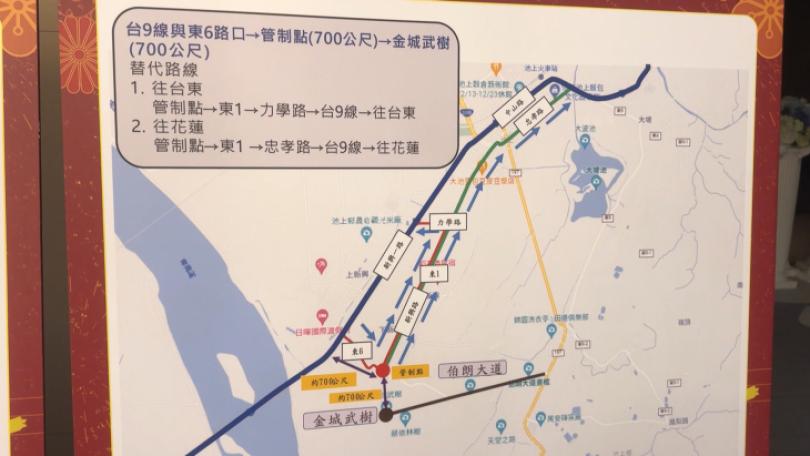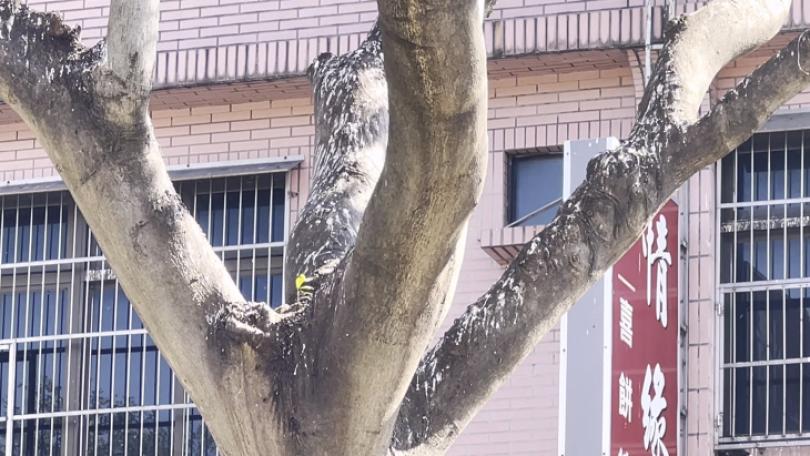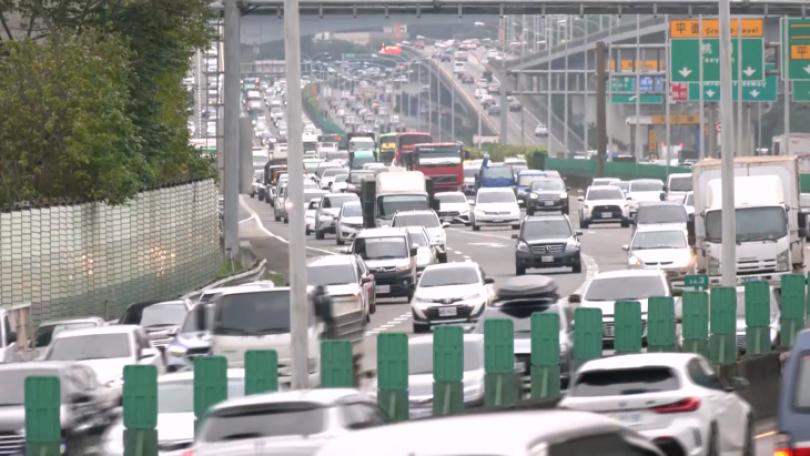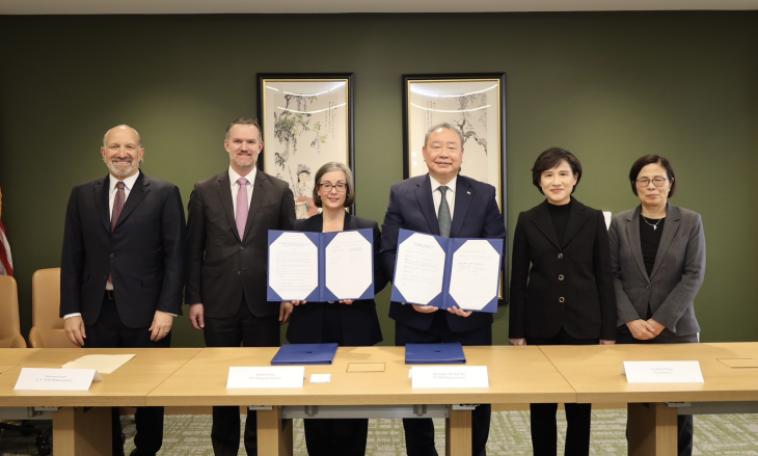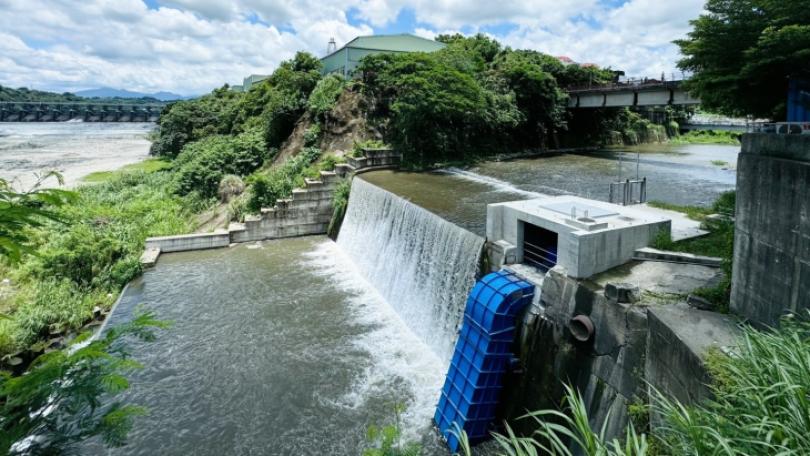When Will US Provide Paid Military Aid to Taiwan? 美國會通過撥款法案 何時供台有償軍援受矚
National Security Council Coordinator for Strategic Communications John Kirby told a press conference that the U.S. takes seriously the responsibility to help Taiwan defend itself. He also said no further information was available regarding the Foreign Military Financing program.
China established a new normal in the Taiwan Strait. Taiwan's Ministry of National Defense announced on the 9th that a total of eight aircraft sorties and five ships disrupted Taiwan. China's J-16 fighter jets crossed the median line from the northern end of the Strait, and the Y-8 anti-submarine aircraft crossed the median line from the southern end, entering our southwest Air Defense Identification Zone. Taiwan's military has strengthened its monitoring abilities and continues to improve its combat power. The U.S. Congress passed an appropriation bill, which provides Taiwan with paid military aid. The outside world is closely watching the progress. The White House has not disclosed when the aid will arrive in Taiwan but reiterated that the U.S. is serious about helping to improve Taiwan's self-defense capabilities. Analysts believe that Taiwan and the U.S. are now negotiating, but the U.S. is now interested in slowing down the process.
John Kirby, Strategic Communication Coordinator, National Security Council: “You know, we just very recently agreed to, I think it was a billion dollars, of FNF not too long ago. And we take those responsibilites to help Taiwan with their self-defense very very seriously.”
Chieh Chung, Assoc. Analyst, National Security Div., National Policy Foundation: “Washington probably does not want to move so fast and let this destroy the good wills between the U.S. and China after Xi and Biden's meeting last year. Whether this is paid or unpaid military aid, it amounts to a quasi-alliance status. Thus, Washington is probably gauging Beijing's reaction.”
Analysts believe that as long as the U.S. announces the military aid, it is tantamount to upgrading the U.S.-Taiwan relation to a paramilitary alliance. China's suspected spy balloon dispute has severely damaged U.S.-China relations. Analysts believe that the U.S. may be slowing the military aid process to avoid China's misjudgment. However, Harry Harris, the former Commander of the U.S. Indo-Pacific Command, called for a change in Taiwan policy to establish a clear strategy.
Harry Harris, Former Commander, US Indo-Pacific Command: “We would be in better place. And Taiwan would be in a much better place to defend itself. I mean isn't that what we really want? We want them to fight and die for their country, not us to fight and die for their country. ”
Harris pointed out that the United States can assist Taiwan in strengthening its military training. He also called for the signing of a free trade agreement between the two countries as soon as possible. Melanie Sisson, a foreign policy research fellow at the Brookings Institution, proposed that Taiwan should turn itself into a "porcupine," deploying torpedoes, fast-attack missile ships, and anti-ship defense capabilities, in response to China's possible blockade of Taiwan.
中共在台海建立新常態,國防部9日發布共機8架次、共艦5艘次擾台,殲-16戰機從海峽中線北端逾越中線,運-8反潛機則從南端逾越中線後進入我西南空域,國軍加強監控也持續提升戰力。美國國會通過撥款法案能提供台灣有償軍援,外界緊盯進度,美國白宮仍未鬆口,但重申美方認真看待協助提升台灣自我防衛能力。學者認為,台美有在討稐,但美方現在有意踩煞車。
美國白宮國安會戰略溝通協調官柯比表示:「你知道這是我們不久前,最近才同意價值10億美元的FMF(外國軍事融資),我們非常認真看待協助台灣自我防衛的責任。」
國政基金會國安組副研究員揭仲認為:「華府的行政部門一定不想要這麼快,就讓這個有償或無償的軍援去破壞拜習會之後,美國跟中國大陸和緩的一種氛圍。有償或無償的軍援,它等於是一個準同盟的地位,華府的行政部門可能也要觀察北京的反應。」
學者分析,只要美方公布軍援項目,等於確立美台升級到準軍事同盟,但偵察氣球爭議才重創美中關係,學者認為,要避免讓中國誤判台美要攜手跨越紅線,美方可能暫緩進度或揭露軍事合作項目。不過美國前印太司令部司令哈里斯呼籲,對台政策應改採戰略清晰。
美國前印太司令部司令哈里斯指出:「我們和台灣會處在更好的位置,台灣能更有效自我防衛,那是我們最想要的,我們希望台灣能為自己國家而戰,而不是美國為台而戰。」
哈里斯指出,美國可協助台灣強化軍事訓練,呼籲盡速洽簽自由貿易協定。布魯金斯研究所外交政策學者席美妮則提出將台灣打造成「豪豬」,部署水雷、快速攻擊飛彈艦艇和反艦防禦設施,因應中共可能的圍台封鎖行動。



